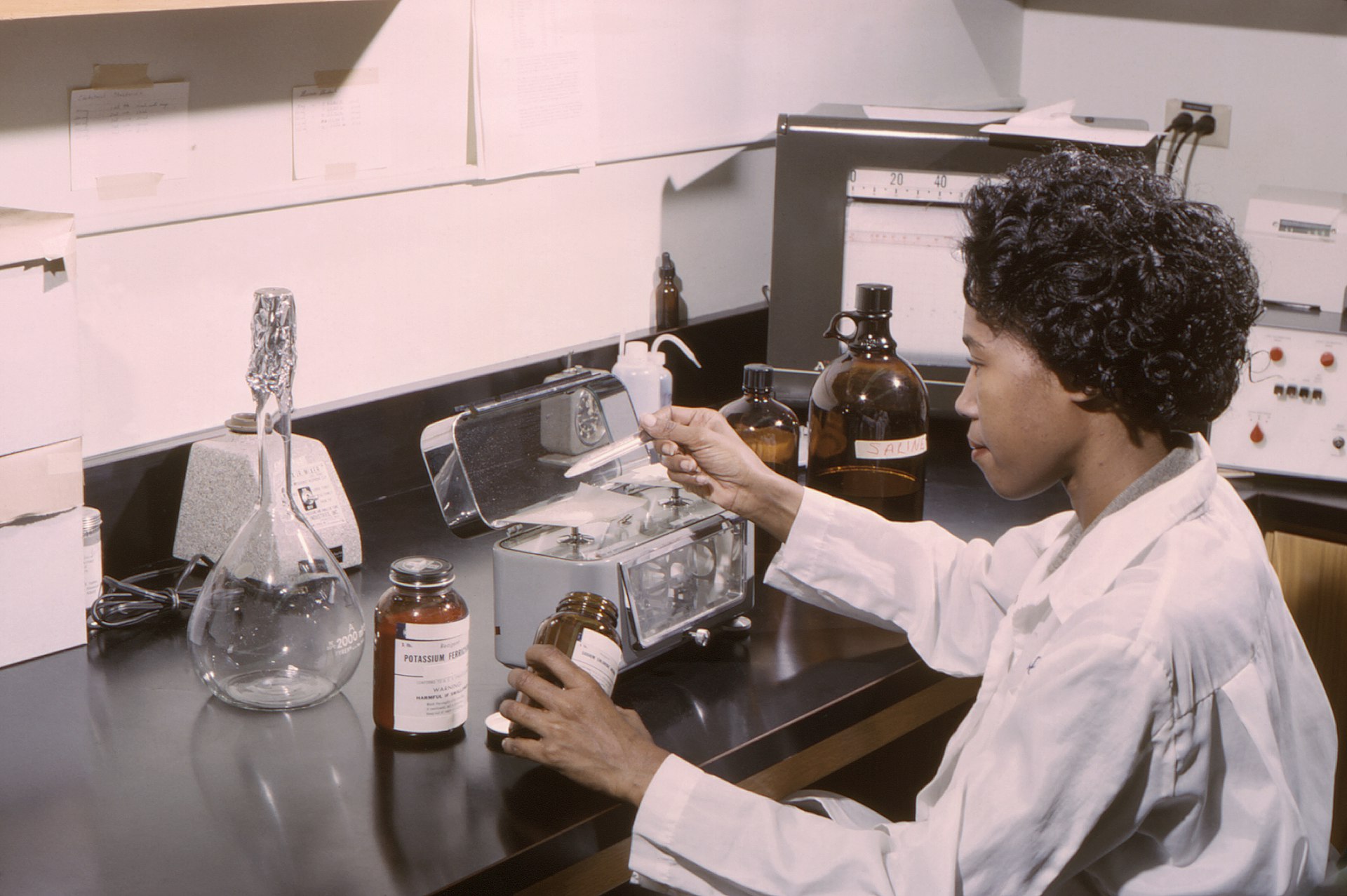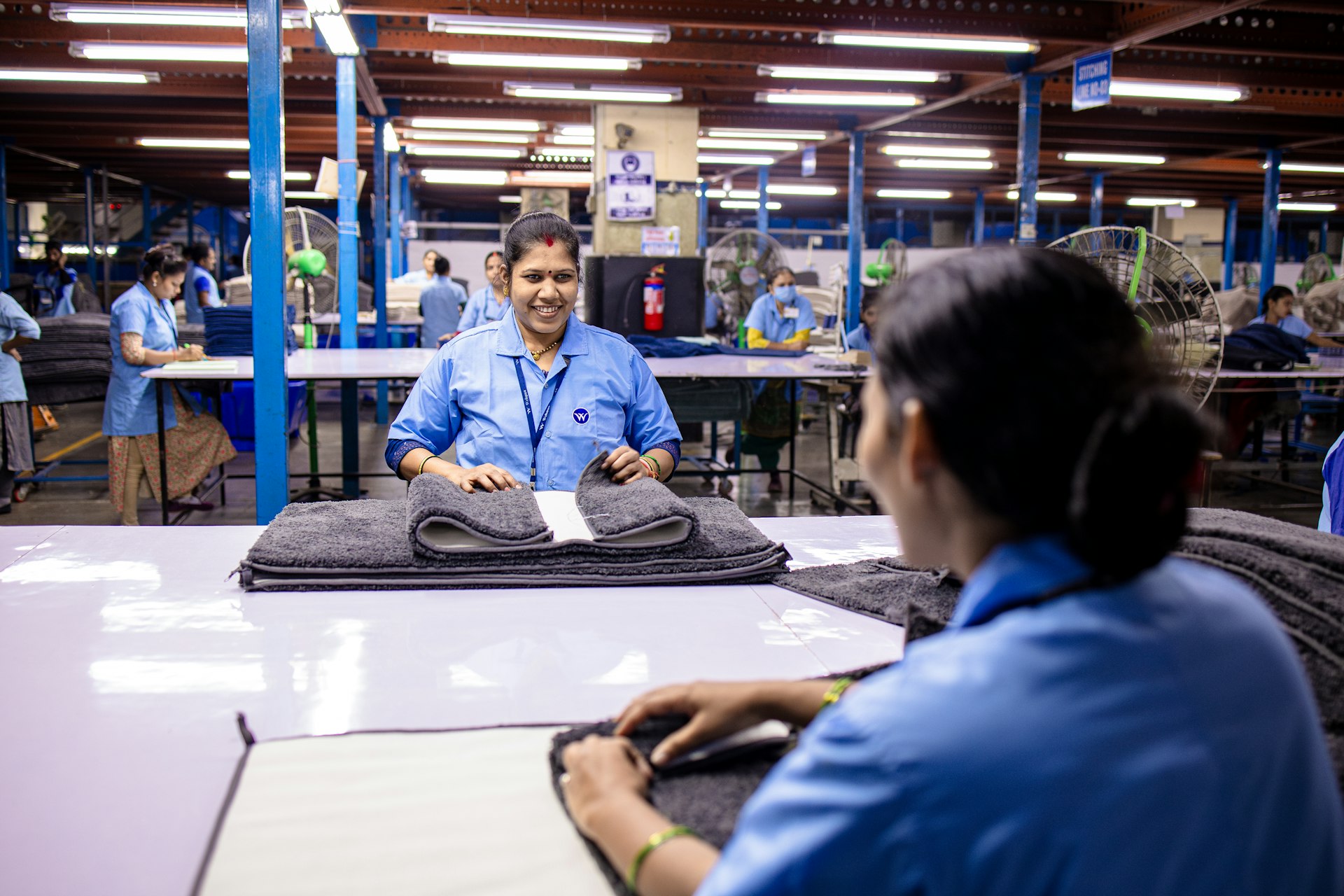Building a Sustainable Career: Practical Lifestyle Choices for a Greener Future

Photo by Sang Tran on Unsplash
Introduction: The Urgency and Opportunity of Sustainable Career Lifestyle Choices
Climate change, resource scarcity, and social equity are reshaping the world of work. Choosing a sustainable career and making lifestyle adjustments within your professional life are no longer optional-they are essential for contributing to a resilient future and finding personal satisfaction [1] . This article provides actionable guidance for building a career that aligns with your values and supports both environmental and social well-being, while offering practical steps and alternatives for every stage of the process.
Why Sustainable Career Choices Matter
Modern professionals face increased pressure to consider the long-term consequences of their work. According to the United Nations, significant environmental change is necessary within the next decade to avoid irreversible consequences [2] . Industries are major contributors to global environmental damage, but individuals can make a difference by choosing careers that prioritize sustainability. Beyond environmental impact, aligning your career with ethical and sustainable values can yield:
- Greater job satisfaction and purpose
- Enhanced professional relevance in a changing market
- Potential for innovation and leadership in emerging fields
- Long-term financial stability as demand for sustainable roles grows
Many organizations now seek employees with expertise in sustainability to help them achieve corporate social responsibility goals and improve their reputation [1] .
Key Sectors Offering Sustainable Career Paths
Sustainable careers span a wide range of industries. The following sectors offer robust opportunities for professionals interested in making a real-world impact:
- Renewable Energy : Roles include solar energy engineers, wind turbine technicians, and geothermal experts. These positions contribute directly to reducing carbon emissions and advancing clean energy technologies [1] .
- Environmental Consulting : Professionals analyze the lifecycle impacts of products and advise organizations on eco-friendly practices [2] .
- Sustainable Agriculture : Careers focus on organic farming, resource-efficient practices, and local food systems [2] .
- Waste Management and Recycling : Includes recycling sorters, environmental technicians, and refuse collectors, whose work directly mitigates landfill waste and pollution [3] .
- Remote Work and Digital Solutions : Remote work reduces commuting emissions and supports work-life balance. Digital technology also enables new sustainable business models [2] .
These sectors are expanding rapidly and offer diverse career tracks, from technical roles to project management and policy advocacy.
Essential Sustainability Skills for Career Success
To maximize your impact and competitiveness in sustainable fields, build these core skills:
- Systems Thinking : Understand how social, economic, and environmental factors interact [5] .
- Lifecycle Analysis : Evaluate the total impact of products or services, from material sourcing through disposal [1] .
- Communication and Collaboration : Engage diverse stakeholders, advocate for change, and drive cross-functional teams [5] .
- Technical Expertise : Develop specialized skills in areas like renewable energy engineering, data analysis, or environmental law [3] .
Professional development programs, online courses, and industry certifications can help you acquire these skills. Consider searching for “sustainability certification” or “green career training” through established academic institutions and professional organizations.
Implementing Sustainable Lifestyle Choices at Work
Sustainable career lifestyle choices extend beyond the industry you select. Integrate these practices into your daily work life:

Photo by Annie Spratt on Unsplash
- Remote and Flexible Work : Advocate for or seek remote roles to reduce commuting emissions and improve work-life balance. Many companies now offer permanent remote options; search company career pages for “remote” or “hybrid” positions [2] .
- Eco-Friendly Office Practices : Reduce paper usage, recycle materials, and choose energy-efficient equipment. If you manage a team, implement green procurement policies and encourage teleconferencing over travel.
- Support Sustainable Brands : When possible, collaborate with or purchase from companies that prioritize sustainability. Research company sustainability reports, typically found on official websites under “Corporate Social Responsibility” or “Sustainability” sections.
- Continuous Learning : Stay updated on sustainable innovations by subscribing to industry newsletters or attending webinars from reputable organizations such as the Sustainable Living Association or local government agencies.
Step-by-Step Guidance for Pursuing a Sustainable Career
- Self-Assessment : Evaluate your values, interests, and skills. Consider what aspects of sustainability matter most to you-environmental protection, social equity, or economic resilience.
- Research Opportunities : Identify industries and roles that align with your goals. Use established job boards like Indeed, LinkedIn, or specialized platforms focused on green jobs. Search using keywords such as “sustainability,” “renewable energy,” “environmental consultant,” and “remote green jobs” [3] .
- Skills Development : Enroll in courses or pursue certifications relevant to your chosen field. Many universities and online platforms offer sustainability programs. For example, Harvard Business School Online provides sustainability skills training [5] .
- Networking : Connect with sustainability professionals at industry events or through professional associations. Consider joining groups such as the Sustainable Living Association or local environmental organizations.
- Apply and Adapt : Submit applications to positions that match your expertise and values. Be prepared to demonstrate your commitment to sustainability during interviews by sharing examples of eco-friendly practices you’ve adopted or innovations you’ve contributed to.
If you encounter difficulty finding suitable roles, consider volunteering or taking internships in sustainability-focused organizations to build experience and expand your professional network.
Challenges and Solutions in Sustainable Career Lifestyle Choices
Transitioning to a sustainable career or implementing eco-friendly work habits presents challenges, including:
- Limited Local Opportunities : Some regions have fewer green jobs. Solution: Seek remote roles, relocate, or pursue virtual collaboration opportunities [2] .
- Skill Gaps : Emerging fields may require new technical skills. Solution: Invest time in targeted training and leverage free or low-cost online resources.
- Organizational Resistance : Not all employers prioritize sustainability. Solution: Advocate for eco-friendly initiatives within your organization and share evidence of business benefits, such as cost savings or improved brand reputation.
Remember, incremental changes-such as reducing waste, supporting green initiatives, and continuously learning-can make a significant difference over time.
Alternative Approaches and Additional Resources
If a direct transition to a sustainable career isn’t possible, consider hybrid approaches:
- Green Entrepreneurship : Launch a business that solves sustainability challenges, such as eco-friendly products or renewable energy services. Seek guidance from local small business development centers or university entrepreneurship programs [4] .
- Advocacy and Volunteering : Support sustainability through advocacy, public education, or volunteering with environmental organizations.
- Corporate Social Responsibility Roles : Transition into positions that drive sustainability initiatives within traditional companies.
Key Takeaways
Sustainable career lifestyle choices blend personal values, professional skills, and daily habits to create a meaningful impact. By focusing on sectors and practices that promote environmental, social, and economic well-being, you can build a rewarding and resilient career. Employ step-by-step guidance, remain adaptable, and leverage available resources to overcome obstacles and achieve lasting results.
References
- [1] Huzzle (2023). Exploring Sustainable Career Paths for the Future.
- [2] Sustainable Living Association (2022). Looking at Sustainable Career Choices.
- [3] Indeed (2024). 20 Green Careers for the Environmentally Conscious.
- [4] Institute for Women’s Policy Research (2020). A Woman’s Guide to a Sustainable Career.
- [5] Harvard Business School Online (2023). 8 Sustainability Skills for Working Professionals.
MORE FROM realtyexperts.ai













